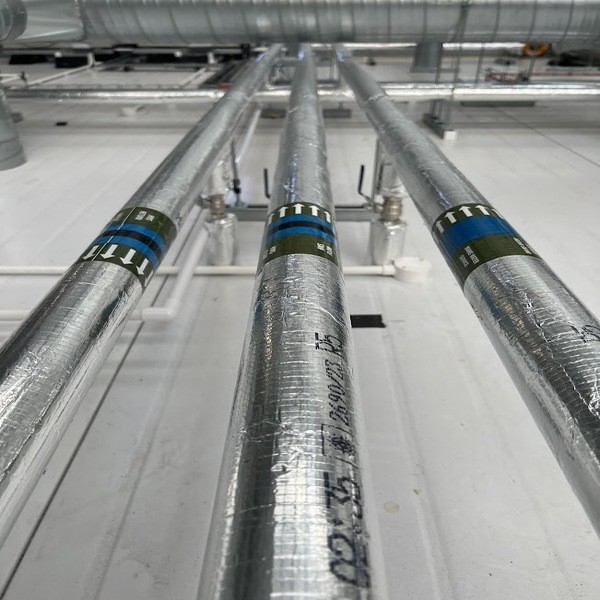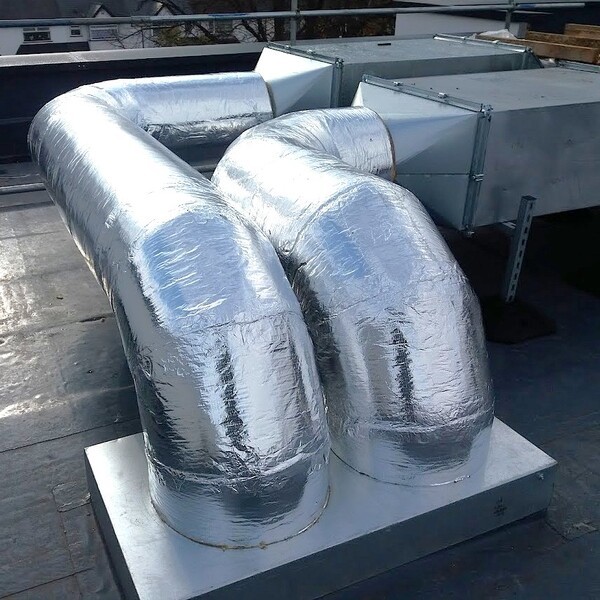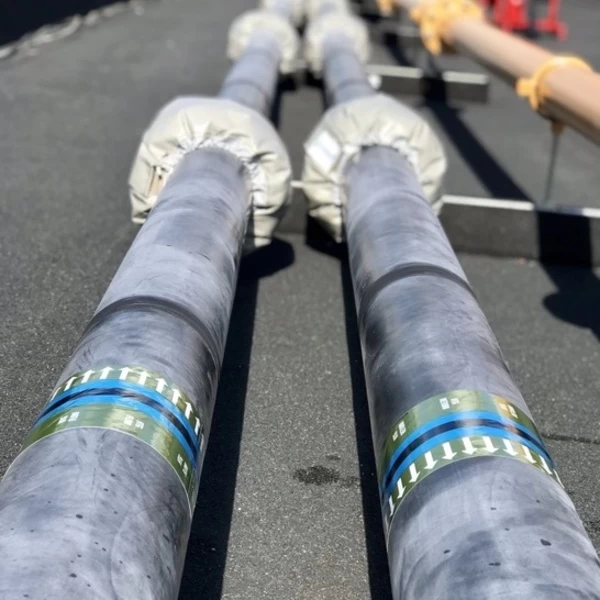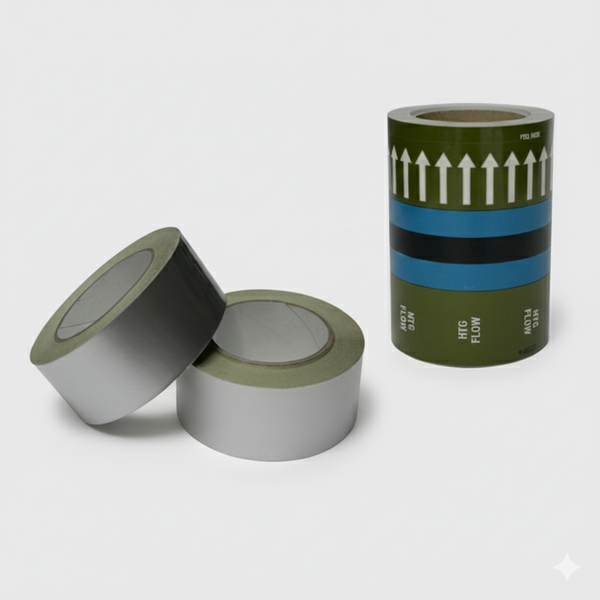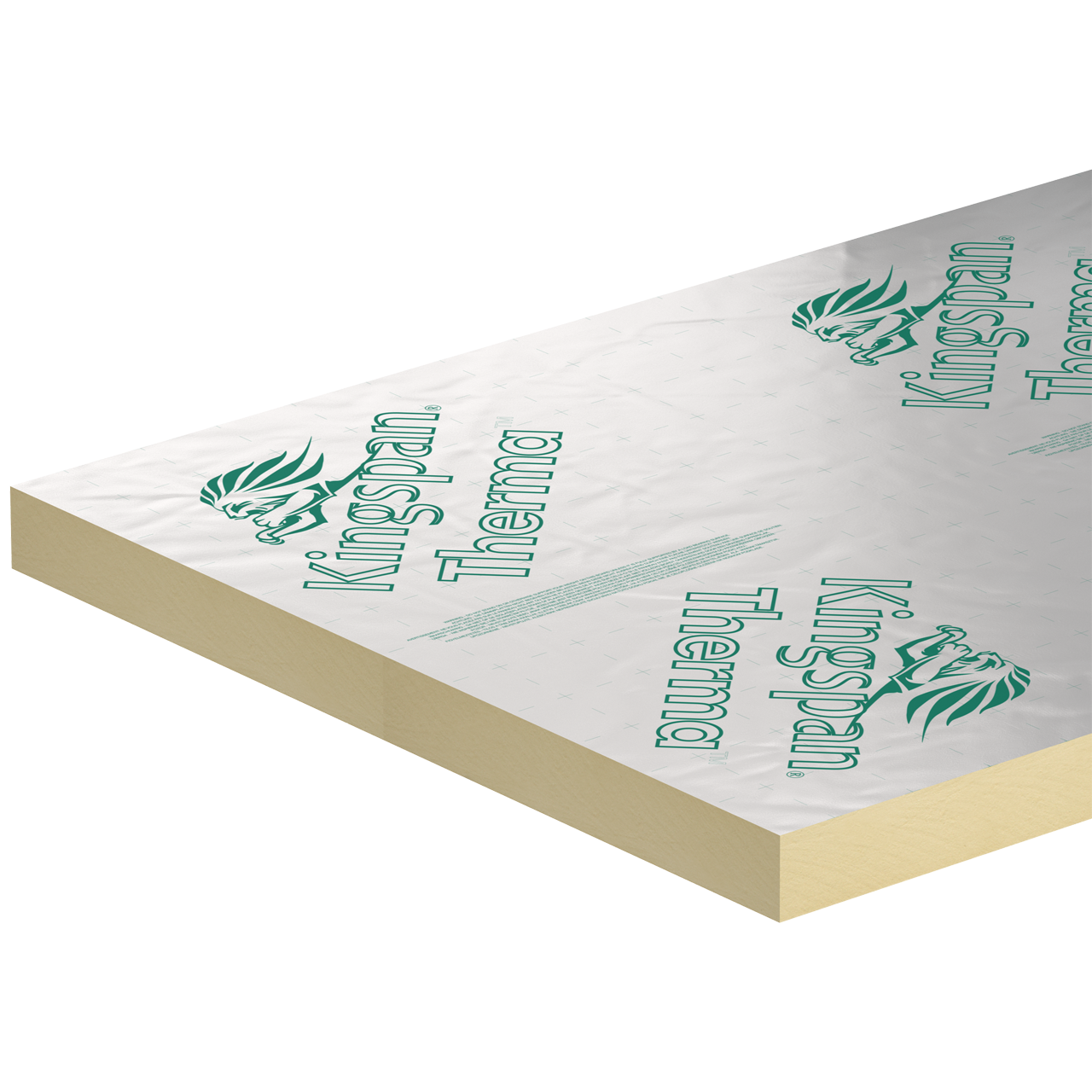Technical Insulation Supplies for Pipe & Ductwork (UK)
Buy pipe insulation, duct insulation, cladding & jacketing, and installation accessories in one place — with UK Free Delivery* and clear ex-VAT pricing.
-
Pipe insulation: Fibreglass, phenolic, elastomeric (nitrile rubber)
-
Duct insulation: Duct wrap and related systems
-
Cladding & jacketing: Weatherproof finishes and protection
-
Accessories: Tapes, wire, bands, fixings and consumables
Shop by system first, then filter by pipe diameter, thickness and brand to match your spec.
Browse:
• Pipe Insulation
• Duct Insulation
• Cladding & Jacketing
• Pipe & Duct Accessories
Technical insulation for commercial heating, HVAC and mechanical services installations.
*Free delivery on qualifying orders over £350.
FAQ
1) Do you show prices...
Technical Insulation Supplies for Pipe & Ductwork (UK)
Buy pipe insulation, duct insulation, cladding & jacketing, and installation accessories in one place — with UK Free Delivery* and clear ex-VAT pricing.
-
Pipe insulation: Fibreglass, phenolic, elastomeric (nitrile rubber)
-
Duct insulation: Duct wrap and related systems
-
Cladding & jacketing: Weatherproof finishes and protection
-
Accessories: Tapes, wire, bands, fixings and consumables
Shop by system first, then filter by pipe diameter, thickness and brand to match your spec.
Browse:
• Pipe Insulation
• Duct Insulation
• Cladding & Jacketing
• Pipe & Duct Accessories
Technical insulation for commercial heating, HVAC and mechanical services installations.
*Free delivery on qualifying orders over £350.
FAQ
1) Do you show prices ex-VAT?
Yes. Product prices are shown ex-VAT, with inc-VAT displayed for reference.
2) What delivery areas do you cover?
UK mainland delivery is available. Lead times are shown on product pages.
3) How quickly can you deliver?
Many standard lines are typically delivered within 2–4 working days (check the product page for the current lead time).
4) How do I choose pipe insulation thickness?
Choose based on service temperature and application (heating, chilled water, plant room), then match the project spec.
5) Which insulation helps with condensation on chilled services?
Closed-cell elastomeric (nitrile rubber) is commonly used for condensation control when joints are sealed correctly.
6) Duct wrap vs duct board — what’s the difference?
Duct wrap fits around metal ductwork; duct board is used to insulate rectangular ducts. Your spec and space usually decide.
7) Do you sell cladding for outdoor protection?
Yes. Cladding & jacketing products are available for weather and mechanical protection.
8) Can I get a bulk quote from a materials list?
Yes. Send your list/spec and we can quote larger or mixed orders across categories.

